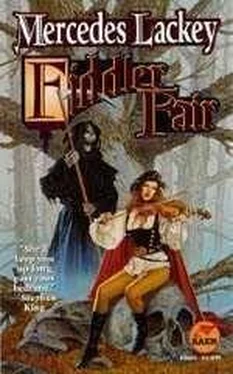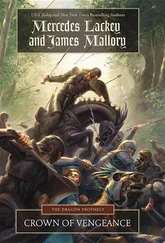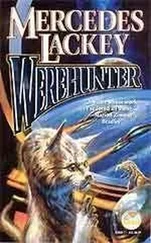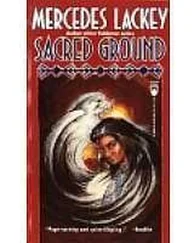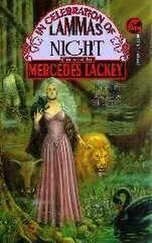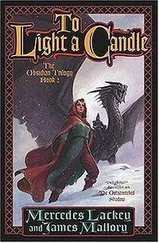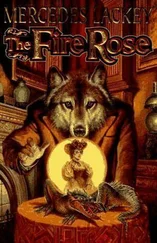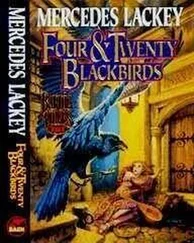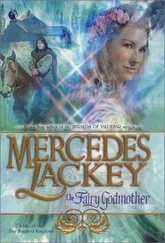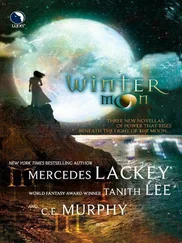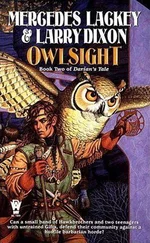Deraa. The edge of Deraa. The edge of the universe. He noted, foggily, that he did not recognize the street or the buildings as they passed; they must have brought him to the opposite side of the town. There was that much more distance now between himself and his friends and allies. Distance controlled and watched by the enemy.
Assuming he wanted to reach them. Assuming he wanted them to find him, see him—see what had been done to him, guess at the lacerations that were not visible.
No.
His captors let him down onto the muddy ground at the side of the road. Gently, which was surprising. One of them leaned over, and muttered something—Lawrence lost the sense of it in the pain. He closed his eyes and snuggled down into the mud, panting for breath. Every breath was an agony, as something, probably a broken bone, made each movement of his ribs stab him sharply.
He heard footsteps retreating, quickly, as if his erstwhile captors could not leave his presence quickly enough.
Tears of despair, shameful, shamed tears, trickled down his cheeks. The unmoved stars burned down on him, and the taste of blood and bile was bitter in his mouth.
Slowly, as the pain ebbed to something he could think through, he itemized and cataloged his injuries to regain control of his mind, as he had tried to count the blows of the whip on his back. The bones in his foot, fractured during the chaos of the last sabotage-raid, had been shattered again. The broken rib made breathing a new torture. Somewhere in the background of everything, the dull pain of his head spoke of a concussion, which had probably happened when they kicked him to the head of the stairs. The lashes that had bit into his groin had left their own burning tracks behind.
His back was one shapeless weight of pain. He had thought to feel every separate, bleeding welt, but he could only feel the accumulated agony of all of them in a mass. But as he lay in the mud, the cold of the night numbed him, leaving only that final injury still as sharp and unbearable as ever, the one that was not visible. The laceration of his soul.
Now he knew how women felt; to be the helpless plaything of others, stronger or more powerful. To be forced to give of their bodies whether or not they willed or wanted it. To be handled and used— Like a piece of meat — And worst of all, at one level, the certainty that he had somehow deserved it all. That he had earned his punishment. That he had asked for his own violation. After all, wasn’t that what they said of women, too? It was this final blow that had cracked the shell of his will and brought down the walls of the citadel of his integrity.
How could he face them, his followers, now? They would watch him, stare at him, and murmur to one another—no matter how silent he kept, they would know, surely they would know. And knowing, how could they trust him?
They would not, of course. He no longer trusted himself. His nerve was broken, his will, his soul broken across that guardroom bench. There was nothing left but despair. He literally had nothing left to live for; the Revolt had become his life, and without it, he had no will to live. The best thing he could do for the Revolt would be to die. Perhaps Feisal would take it upon himself to avenge his strange English friend, Aurens; certainly Auda, that robber, would use Aurens’ death as an excuse to further raid the Turks. And Ali, Ali ibn el Hussein; he would surely exact revenge. But could they hold the Revolt together?
Inshallah. As God wills it. Here, in his extremity, he had at last come to the fatalism of the Moslem. It was no longer his concern. Life was no longer his concern. Only death, and the best way to meet it, without further torment, to drown his shame in its dark waters where no one would guess what those waters hid.
This would not be the place to die. Not here, where his beaten and brutalized body would draw attention—where his anxious followers might even come upon it and guess the foulness into which he had fallen. Let him crawl away somewhere; let him disappear into the waste and die where he would not be found, and let his death become a mystery to be wondered at.
Then he would be a martyr, if the Revolt could have such a thing. It might even be thought that he vanished, like one of the old prophets, into the desert, to return at some vague future date. His death would become a clean and shining thing. They would remember him as the confident leader, not the battered, bloody rag of humanity he was now.
He lay in a sick stupor, his head and body aching and growing slowly numb with cold. Finally a raging thirst brought him to life—and spurred him to rise.
He struggled to his feet, and rocked in place, moaning, his shaking hands gathering his torn clothing about him. He might have thought that this was a nightmare, save for the newly-wakened pain. Somewhere he heard someone laughing, and the sound shocked him like cold water. Deraa felt inhuman with vice and cruelty; he could not die here.
The desert. The desert was clean. The desert would purge him, as it had so many times before.
He stopped at a trough by the wells; scooped a little water into his hands and rubbed it over his face, then drank. He looked up at the stars, which would not notice if there was one half-Arab Englishman less on the earth, and set off, one stumbling step at a time, for the clean waste beyond this vile pit of humanity. He walked for a long time, he thought. The sounds of humanity faded, replaced by the howling of dogs or jackals, off in the middle distance. Tears of pain blurred his sight; he hoped he could find some hole to hide himself away before dawn, a grave that he might fall into, and falling, fall out of life.
He stumbled, jarring every injury into renewed agony, and a white light of pain blinded him. He thought he would die then, dropping in his tracks; then he thought that the blackness of unconsciousness would claim him.
But the light did not fade; it grew brighter. It burned away the pain, burned away thought, burned away everything but a vague sense of self. It engulfed him, conquered him, enveloped him. He floated in a sea of light, dazzled, sure that he had dropped dead on the road. But if that were true, where was he? And what was this?
Even as he wondered that, he became aware of a Presence within the light. Even as he recognized it, it spoke.
I AM I.
On the bank of the Palestine Railway above the huddle of Deraa they waited; Sherif Ali ibn el Hussein, together with the two men that Aurens had designated as his bodyguards, Halim and Faris, and the sheik of Tafas, Talal el Hareidhin. “Tell me again,” Ali said fiercely. “Tell me what it was you did.”
Faris, old and of peasant stock, did not hesitate, although this was the fifth time in as many hours that Ali had asked the question. Talal hissed through his teeth, but did not interrupt.
“We came into Deraa by the road, openly,” Faris recounted, as patient as the sand. “There was wire, and trenches, some flying machines in the sheds; some men about, but they took no note of us. We walked on, into Deraa. A Syrian asked after our villages, and whether the Turks were there; I think he meant to desert. We left him and walked on again; someone called after us in Turkish, which we feigned not to understand. Then another man, in a better uniform, ran after us. He took Aurens by the arm, saying ‘The Bey wants you.’ He took Aurens away, through the tall fence, into their compound. This was when I saw him no more. I hung about, but there was no sign of him although I watched until well after nightfall. The Turks became restless, and looked evilly at me, so I left before they could take me too.”
Talal shook his head. “This is pointless,” he said. “Aurens is either dead or a prisoner, and in neither case can we help him. If the former, it is the will of Allah; if the latter, we must think of how long he will deceive them, and where we must go when he does.”
Читать дальше
